Investment in an international education can be one of the most significant life decisions families make. To achieve this, parents might choose to send their children to another country to study. The UK remains one of the most popular destinations for international students, both because of the international reputation of the universities, and because of the language.
People moving from one country to another will almost always have tax issues. For adult students who may not be earning in their own right, it is important to ensure that any financing takes this into account, otherwise the costs can become higher than expected.
Are maintenance payments taxable?
The starting point for some students is to rely on parents, grandparents, or other family resources to provide a maintenance payment to cover the costs of the education, accommodation, and living expenses. In most countries, such payments would not normally be taxable if they were reasonable and mainly spent for those purposes.
In addition, where a student moves to the UK, most of the UK’s double tax agreements have a Students article, which will typically say something like:
“Payments which a student or business apprentice who is or was immediately before visiting a Contracting State a resident of the other Contracting State and who is present in the first-mentioned State solely for the purpose of his education or training receives for the purpose of his maintenance, education or training shall not be taxed in that State, provided that such payments arise from sources outside that State.”
In many cases that will be where it stops. However, there are various traps that are easy to fall into that may complicate things.
Tax residence and accommodation
The starting point for taxation is whether someone is tax resident in a country or not. Most student terms are sufficiently long to have the student in the country long enough to become tax resident under domestic law in that year. In addition, if the student returns home during vacations and breaks, they may be in their home country long enough to remain tax resident there. That will determine which country has the right to tax worldwide income but does not preclude the other country taxing income arising within its borders.
A common example is accommodation. In many cases, three or four years of rent in a city such as London, New York, or Sydney can be substantial, and it may look like a sensible financing option to buy an apartment for the duration of the studies and to rent a room or two to other students to contribute towards the costs.
Any rental income is almost certainly taxable and would require the landlord to register for tax and to tax the rental income. Furthermore, at the end of the study period, if the apartment is sold, any capital gain will be taxable. Where the purchase is made by the student, principal private residence relief may be available. However, if the purchase is made by a non-resident parent or a family trust who will not have been living there, it is more likely that gains would be taxed.
Availability of accommodation is in several cases an indication that someone may be a tax resident. For a high-net-worth parent who thinks it might be useful to have an apartment big enough for them to also stay in when they are in town on business trips, this can be an easily avoidable trap. So, the question as to in whose name the property is purchased can have unintended consequences.
Taxes outside the maintenance categories
For wealthier families, the student may be allocated assets such as a stock and bond portfolio to finance themselves. In those cases, this very clearly falls outside the maintenance categories, and it is likely that this income would may be taxable.
The UK does not have gift taxes, but it does have inheritance taxes. These are assessed at the level of the giver, and not on the recipient. But for an outbound UK national studying abroad, receiving an unexpected inheritance from a grandparent can inadvertently bring that into tax in the country of study, which will be an absolute cost.
Moving from a country without a gift tax, such as the UK, to one with a gift tax, such as Switzerland (which taxes gifts at a cantonal level, meaning there are 26 different sets of rules), might result in a nasty surprise. Many exemptions may exist for direct transfers within families, but those need reviewing on a case-by-case basis.
Double tax on employment income
The end game of the investment in education may be to graduate with excellent job prospects. Students may even start employment or self-employment during their studies, and if this is in the UK, it would be taxable in the UK. If tax residence has been retained back home, that income may also need to be reported there. The double tax agreements between countries will avoid income being taxed twice. However, the income may still need to be reported and double taxation relief claimed.
Ultimately, in most instances, the majority of complexities will not exist, and tax will not be a major consideration. However, for those with complex family finances, there will be cases where advance planning can ensure that any issues are identified before a tax bill is received rather than when it is too late.





